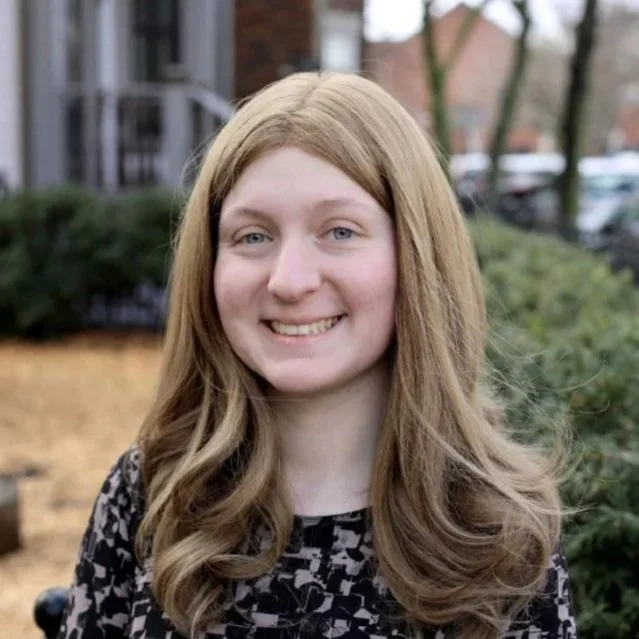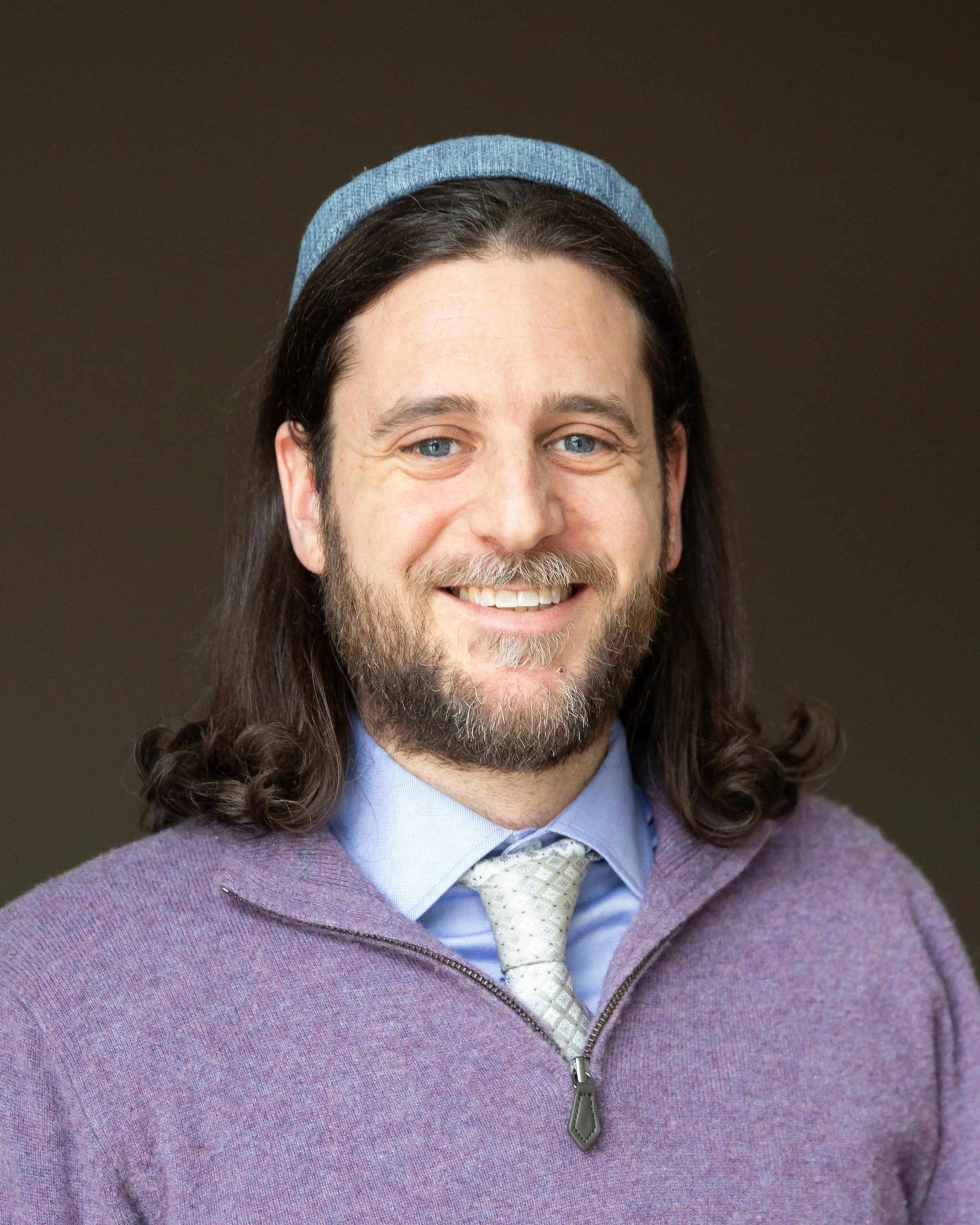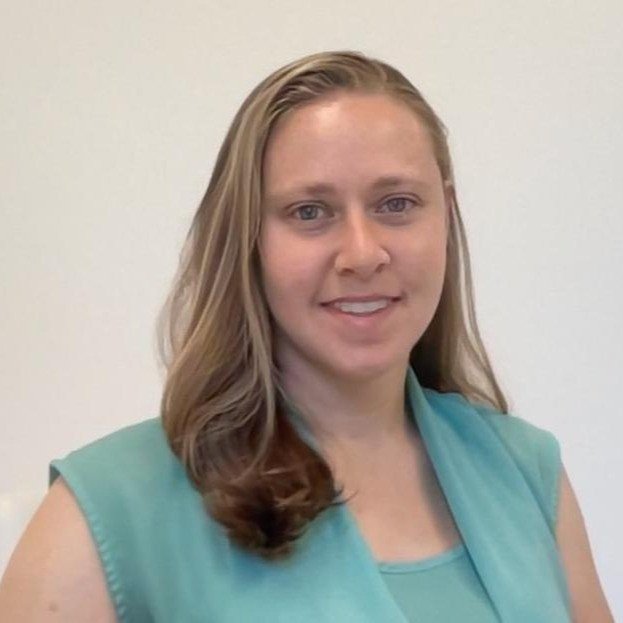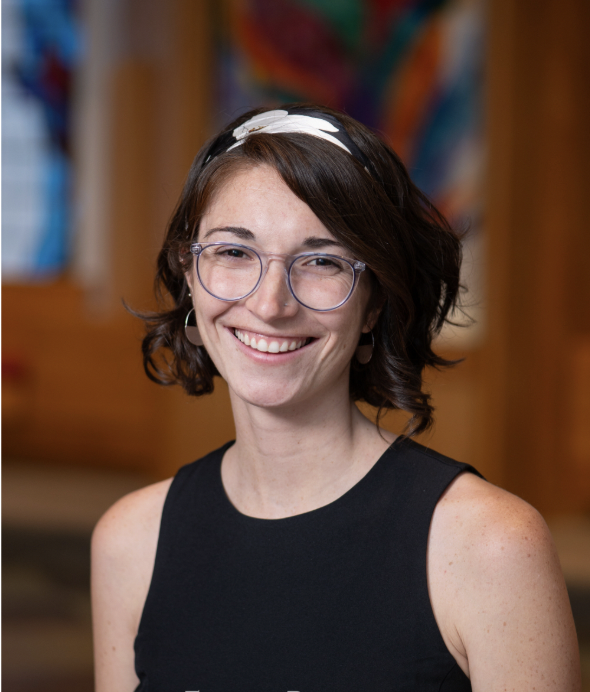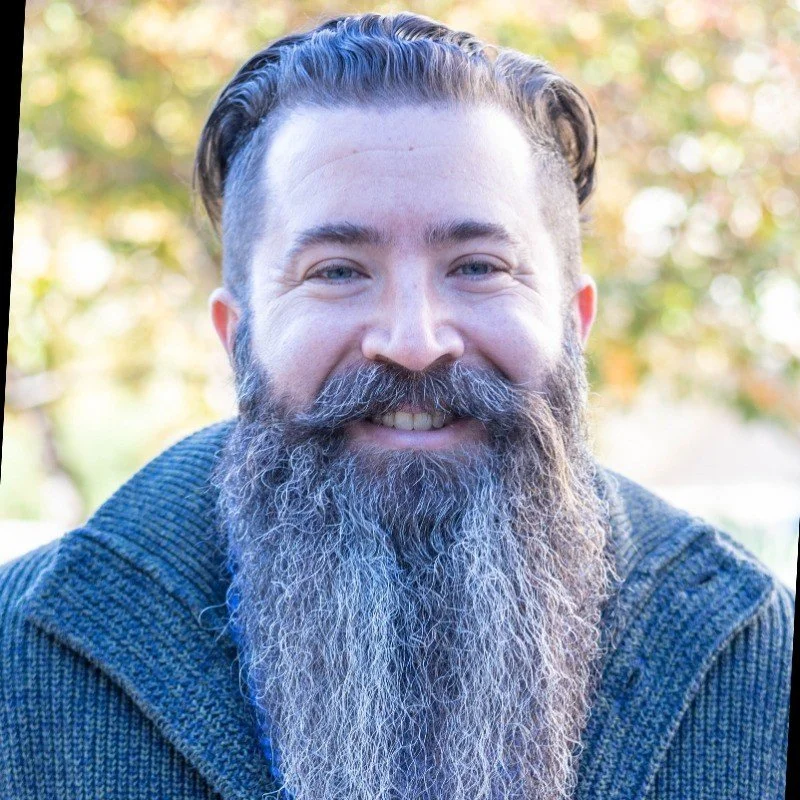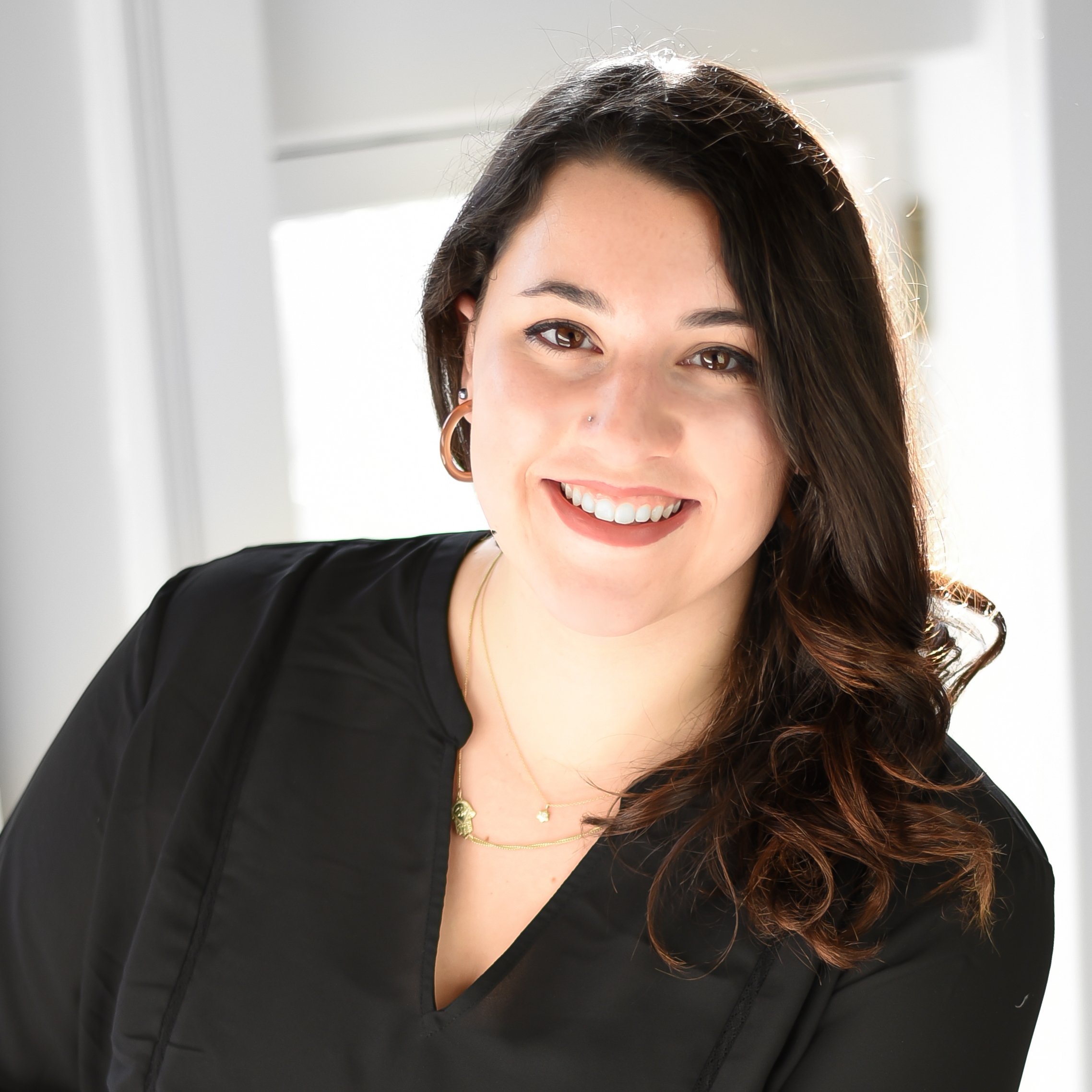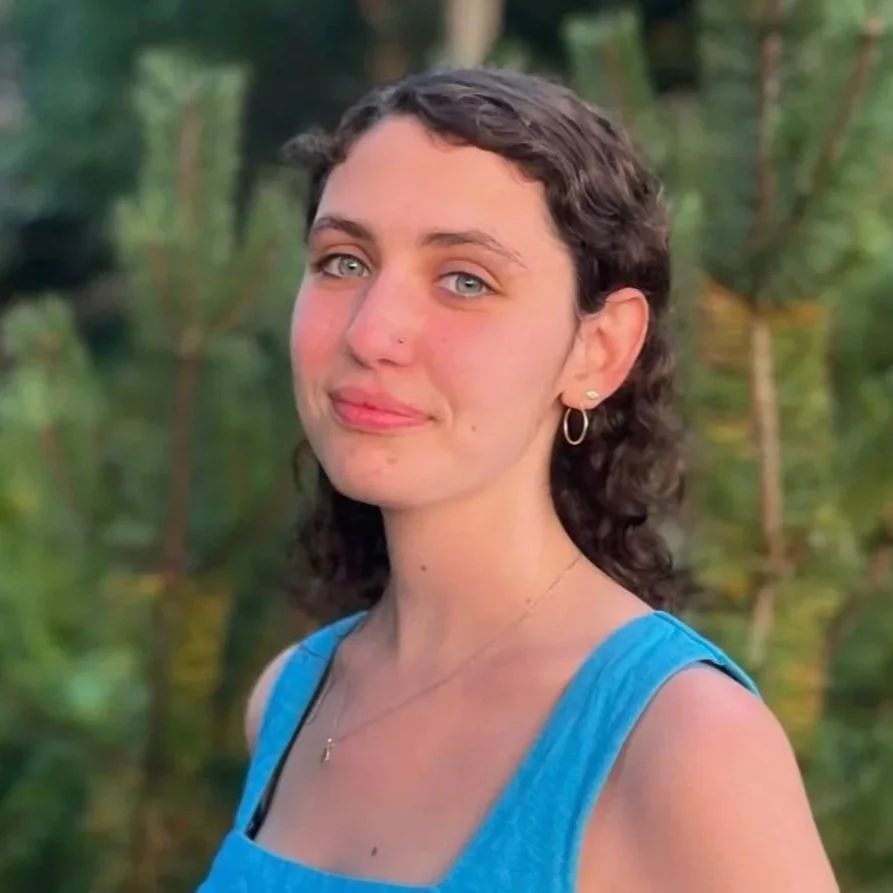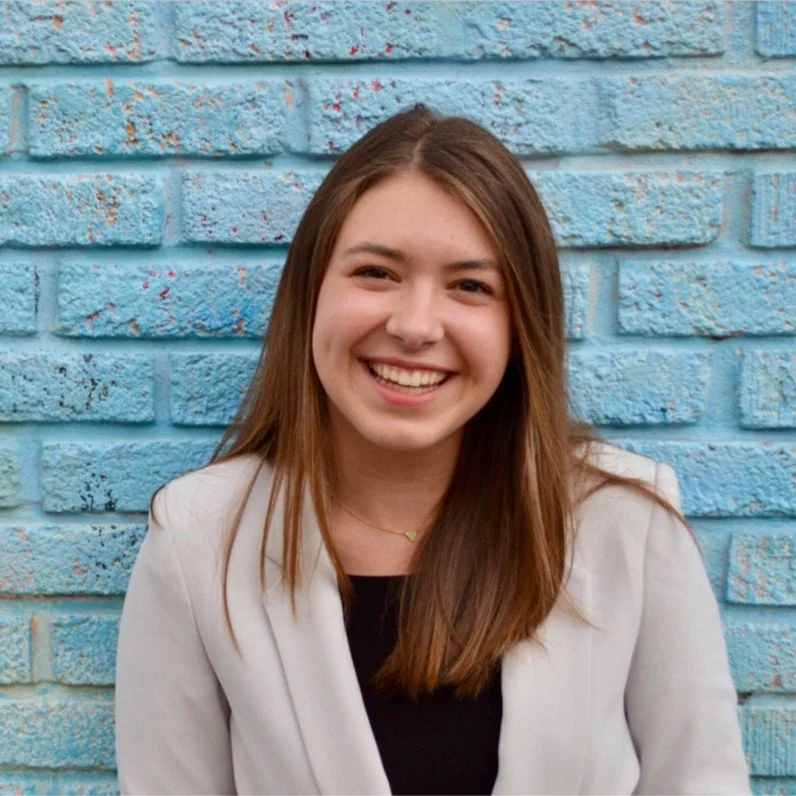House of Learning
Inspired by the 1920s Lehrhaus in Frankfurt, Germany, our modern Lehrhaus in Somerville, Massachusetts, serves as a contemporary Beit Midrash, or house of learning, for the 21st century.
We offer a wide range of events, classes, and educational opportunities, bringing the richness of Jewish learning to our community in innovative and engaging ways.
Classes
We host classes each evening we are open, Sunday through Thursday. Classes cover a wide range of topics. Check them out and buy tickets on our class page!
1:1 Learning
Our Learning Guides are available to be an onramp to learning and text study through customized 1:1 learning. You can book time with them to begin your learning journey at Lehrhaus.
Membership & Co-Working
Lehrhaus membership offers access to our space for co-working and learning with benefits like, free coffee, snacks, and two complimentary tickets each month.
Special Events & Programs
We are constantly looking for new and exciting programs to bring to Lehrhaus. These consist of “Sunday School” events, special speakers on Sunday mornings, Introduction to Mah Jongg, having a matchmaker in residency, and so much more.
Meet the Team
Aaron Berc
Learning Guide
Rav Naftali Hirsch
Learning Guide Manager
Ariel Kayton
Learning Guide
Rabbi Ilana Sandberg
Learning Guide
Gonen Rimer
Daytime Host
Lindsay Flammey Furman
Class Host
Miriam Pellegrino
Class Host
Molly Shuman
Director
Rivka Nechemya Thrope
Daytime Host
Rabbanit Talia Weisberg
Learning Guide
Ariana Weinstock
Daytime Host
Rachel Florman
Class Host
Ira Kirschner
Class Host
Elizabeth Shulman
Class Host
FAQs
-
Our tickets utilize a Pay-What-You-Can model so attendees can pay a range of prices based on what they are able to pay to allow for greater accessibility. Please select the price point that feels right for you.
-
While members have access to an unlimited number of 1:1 learning sessions, we allow non-members to book these sessions too. We limit non-members to 3 free sessions, after which we ask that you either become a member ($36/month) or pay for a day pass during each visit ($26/visit).
-
Absolutely not! People of all identities, religions, and backgrounds are welcome to attend our classes and special events, dine with us, or become a member.
-
We send a weekly email with upcoming classes and events. Sign up for the emails here! You can email us at learning@lehr.haus.
